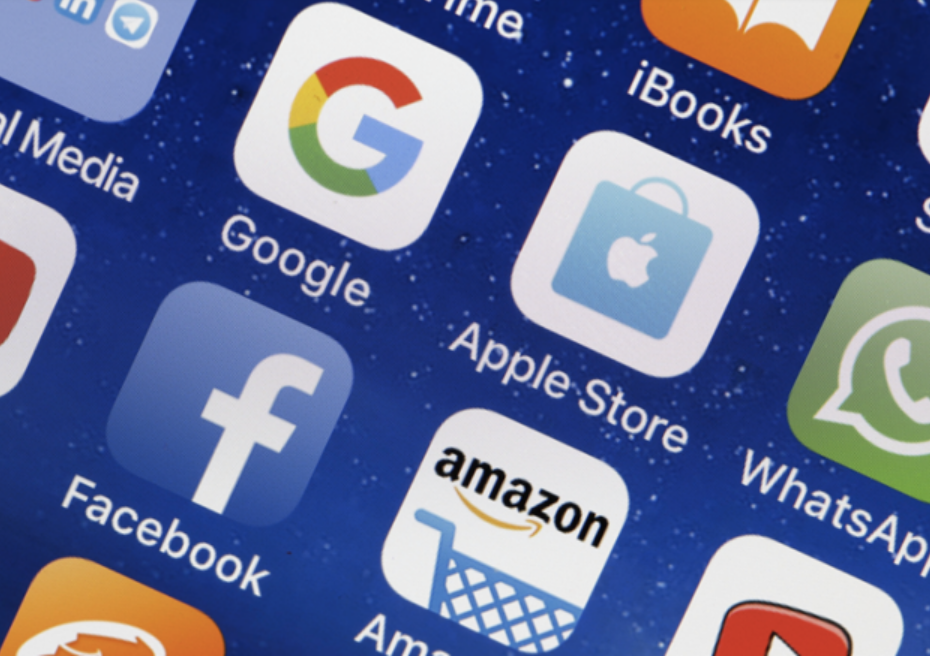Big Tech Freeze - is the industry in a slump?
- Gabriel Gramicelli

- Oct 28, 2022
- 3 min read

With Big-Tech companies such as Google, Amazon, and Meta (formerly Facebook) announcing a pause in their hiring, and even lay-offs, we are left to wonder: is the big tech bubble going to pop?
Alphabet announced a hiring freeze starting July 20, Apple by 2023, Meta will pause next month, and Microsoft has removed all hiring positions. This means that corporations are stopping interviews, and haven’t got any job offers open. According to the Indiana Times, this trend (named the “hiring freeze”) has impacted workers in the software engineering sectors immensely (1). Due to the high demand for coders and engineers, the field has always paid a lot of money to newcomers and even university students. With entry-position jobs ranging from 100 to 500 thousand a year, you’d think tech is doing pretty good. But as the Indiana Times has reported the recent pause has made jobs more and more scarce (1).
High inflation, global supply chain shortages, the war between Russia and Ukraine, as well as advertisement spending are all factors that have increased turmoil for big tech, and economists believe these might cause an end to the tech sector’s 10 years of extraordinary growth. The stock market seems to agree, as the NASDAQ 100 is down by 32.34% since one year ago at the time of publication (T.O.P, 2).
As expected, the decreasing hiring opportunities have caused an increasing unemployment rate in the tech sector of 2.3%, up from 1.7% in the previous month (3). This process has even caused some to change from the industry to other areas, such as engineering and design.
Now, workers that still have jobs have much higher workloads to account for the lack of new employees (and the employees that have been fired). With some having to work 10 to 12 hours, the increased work may cause mental health issues such as stress, lack of motivation and depression.
The data also shows that this is the first time that Google and Apple have trimmed their headcount and frozen hiring on such a large scale since the 2008 financial crisis (1), and with over 2 million people employed by big tech (4), and the impact the event has had on programmers leads us to question whether these companies are as confident about the near future as they make it seem. Meta, Google and Apple are constantly presenting “new and exciting technologies” but many times fail to turn them into products that will help their business.
With U.S. inflation at an 8.3% yearly rate at the T.O.P (5), workers are more than ever in need of safe jobs and income streams. The future isn’t looking too bright for Big Tech (or its workforce), and the giant tech bubble might just burst.
Bibliography:
(1) Dasgupta, Gaurab. “Recession Fears Hit Big Tech Firms as Facebook Parent Meta Pauses Hiring.” The Economic Times, 1 Oct. 2022, economictimes.indiatimes.com/tech/technology/recessions-fears-hit-big-tech-firms-as-facebook-parent-meta-pauses-hiring/articleshow/94554102.cms. Accessed 18 Oct. 2022.
(2) “Nasdaq-100 Index.” Www.nasdaq.com, 18 Oct. 2022, www.nasdaq.com/nasdaq-100.
(3) Torres, Roberto. “Tech Hiring Grows in August, but Unemployment Rises, Too.” CIO Dive, 2 Sept. 2022, www.ciodive.com/news/tech-jobs-august-2022/631155/. Accessed 18 Oct. 2022.
(4) Kang, Diamond Naga Siu, Hanna. “MAPS: Around 1 in 10 Big Tech Employees Live in a Roe v. Wade Trigger State, Insider Analysis Finds.” Business Insider, 25 July 2022, www.businessinsider.com/data-shows-that-around-10-big-tech-lives-trigger-state-2022-7. Accessed 18 Oct. 2022.
(5) US Inflation Calculator. “Current US Inflation Rates: 2009-2019.” US Inflation Calculator, 2022, www.usinflationcalculator.com/inflation/current-inflation-rates/.





Comments